
Powering Healthcare: The LiFePO4 Upgrade for Durable Medical Equipment
Explore how wheeled medical equipment like WOWs and electric wheelchairs redefine energy efficiency on the hospital floor.
Keep up to date with our latest news and blog posts.
Whether you’re exploring battery cell selection, pack structure, BMS integration, or certification for global markets, feel free to reach out. At Junda Battery, our team is here to share technical insights and support your custom battery projects with clarity and precision.

Explore how wheeled medical equipment like WOWs and electric wheelchairs redefine energy efficiency on the hospital floor.
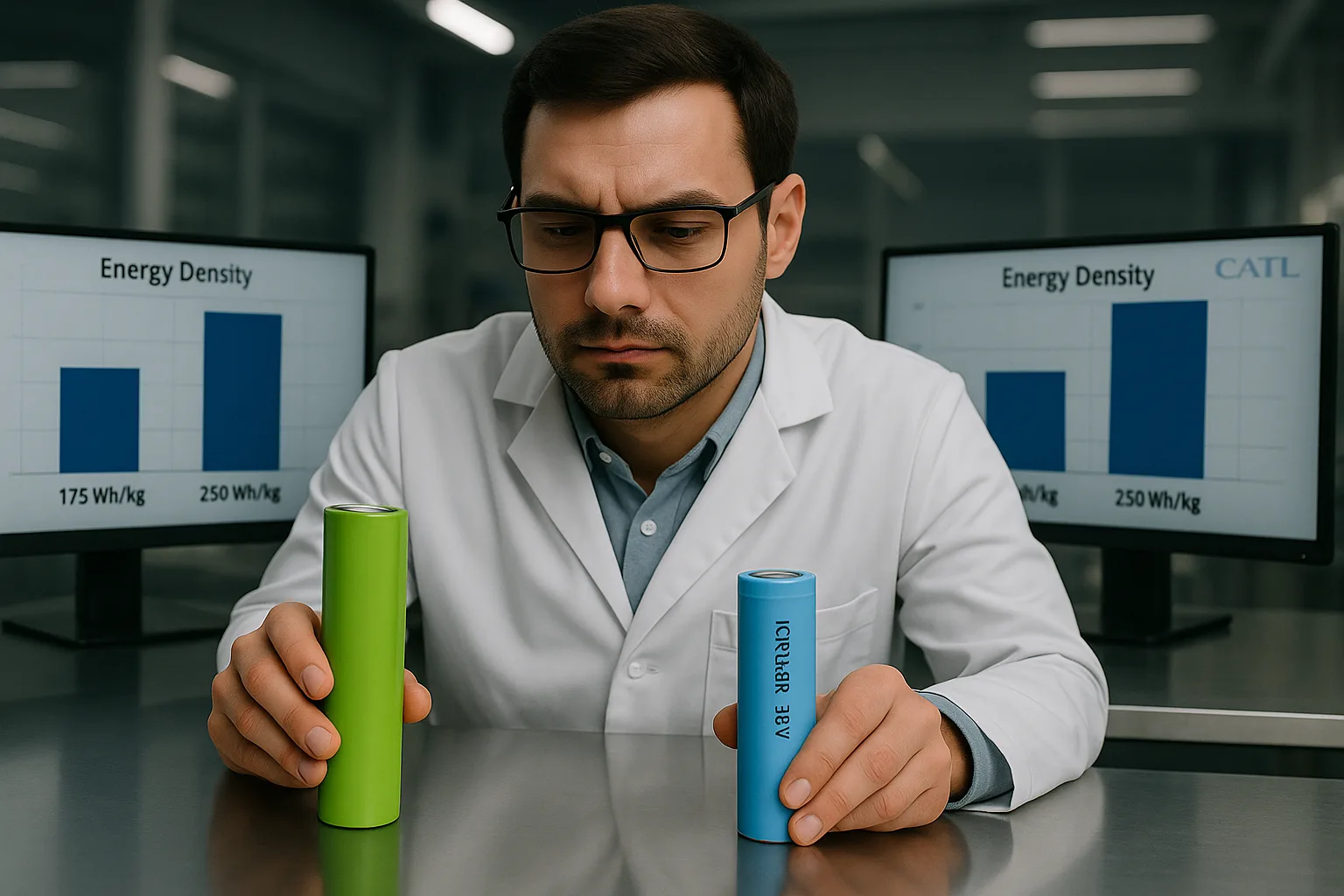
Explore Sodium-ion vs Lithium batteries: cost, safety, cold-weather benefits, and why lithium remains key for lightweight, high-energy needs.
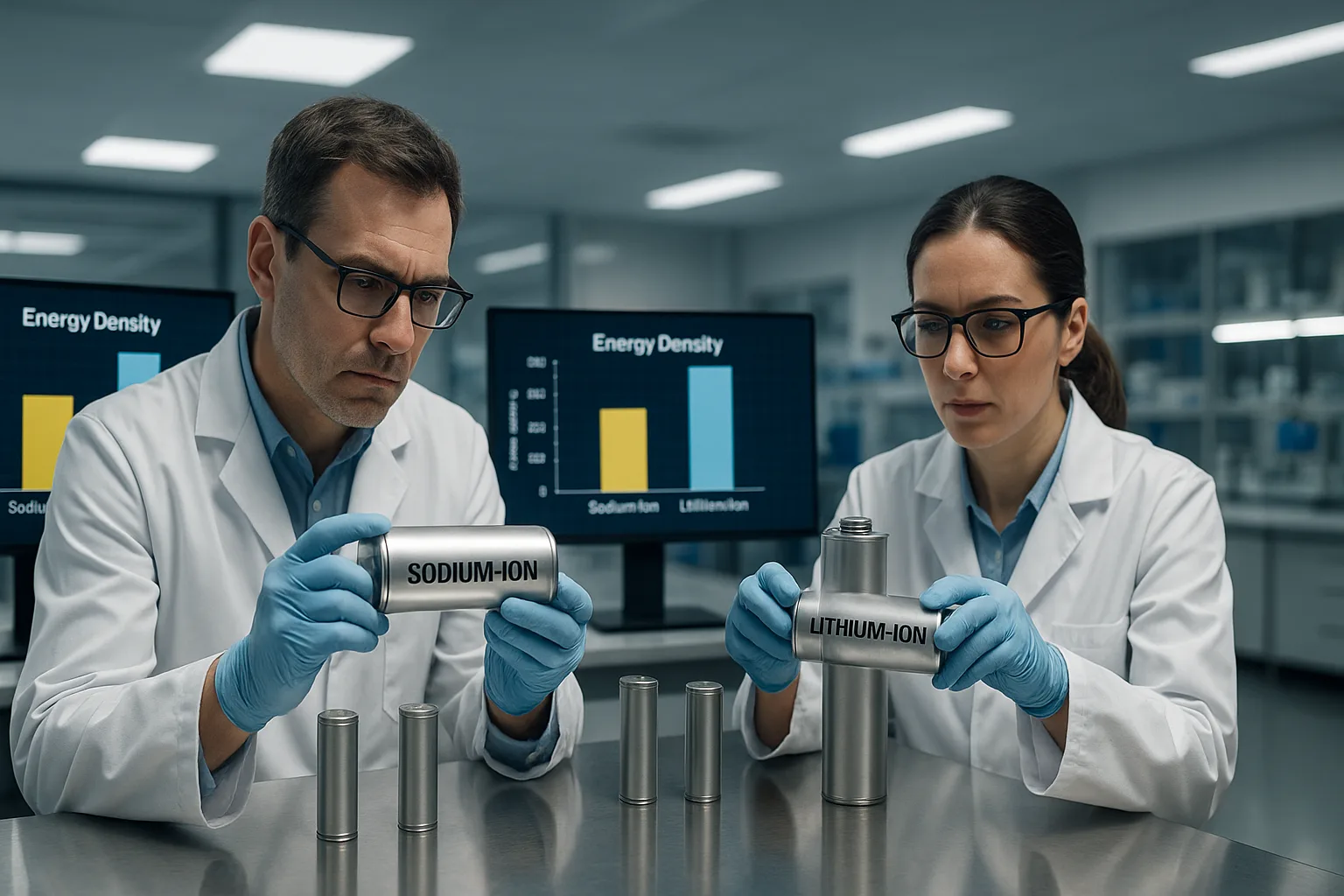
Explore how sodium-ion batteries compare to lithium-ion in performance, safety, and cost for your projects. Discover which suits your needs best.
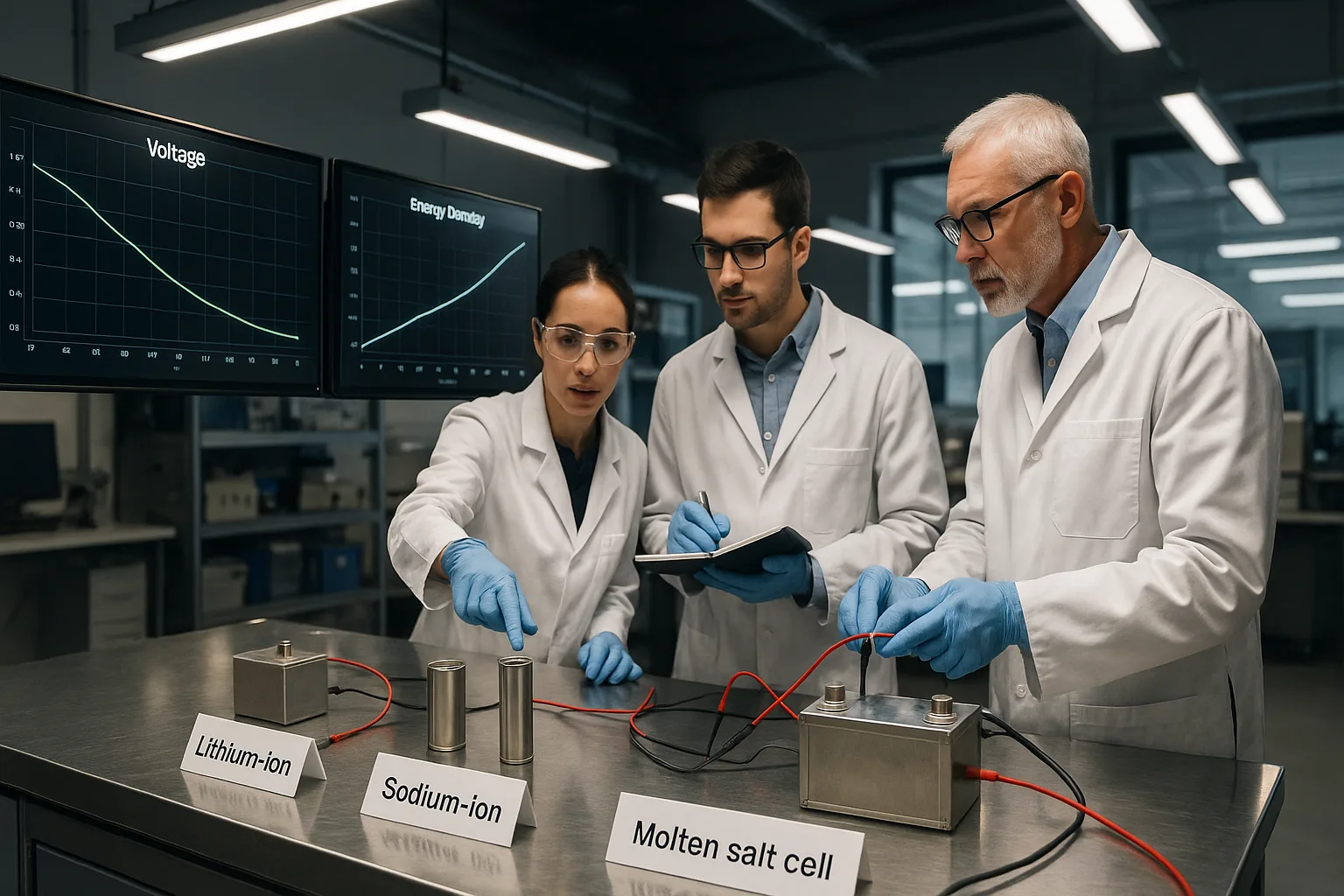
Discover cheaper, safer, sustainable battery alternatives. Dive into sodium-ion and molten salt innovations reshaping the future of energy.
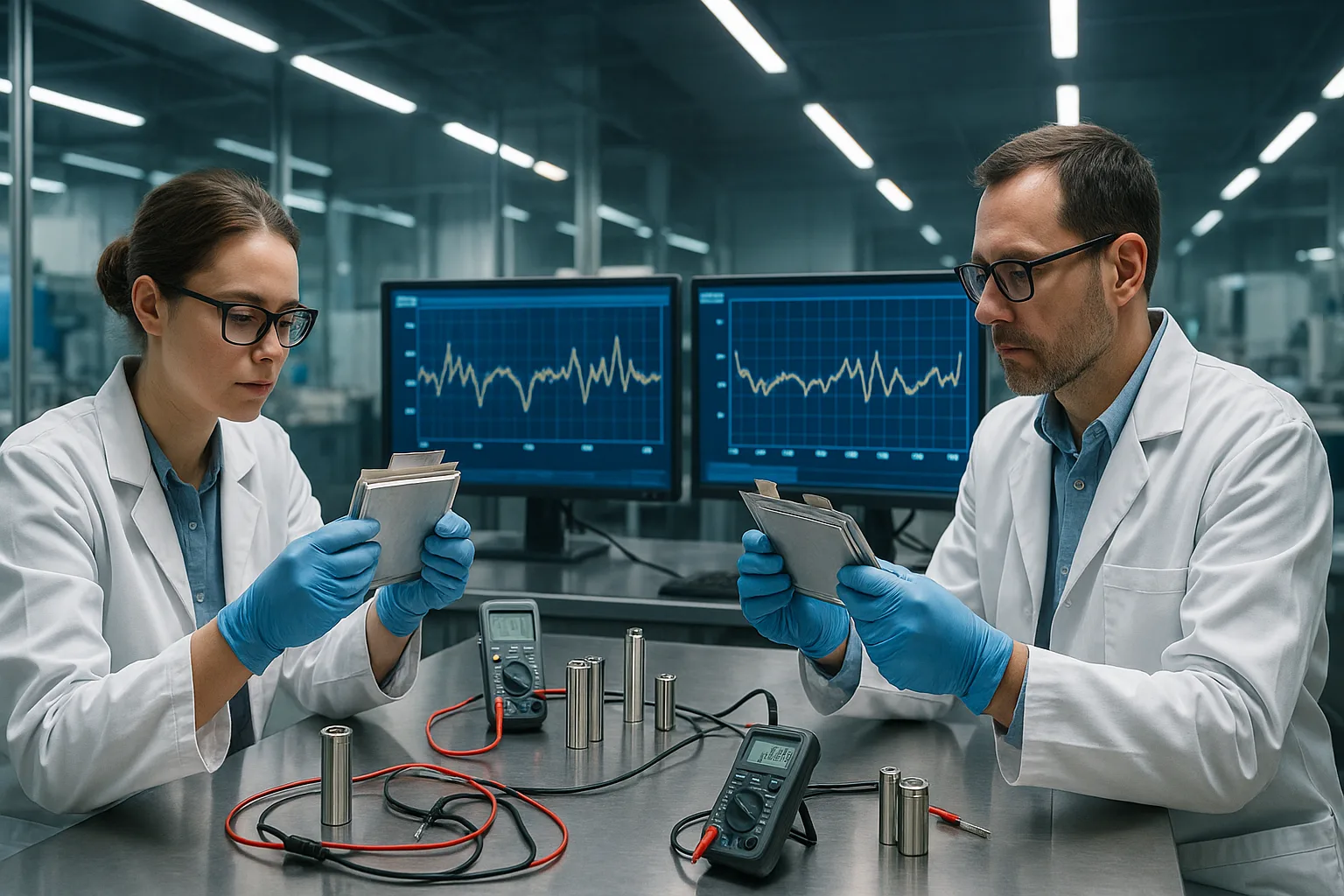
Discover alternatives to lithium-ion with CATL’s sodium-ion batteries. Navigate cost, supply, and environmental impacts in the evolving battery market.
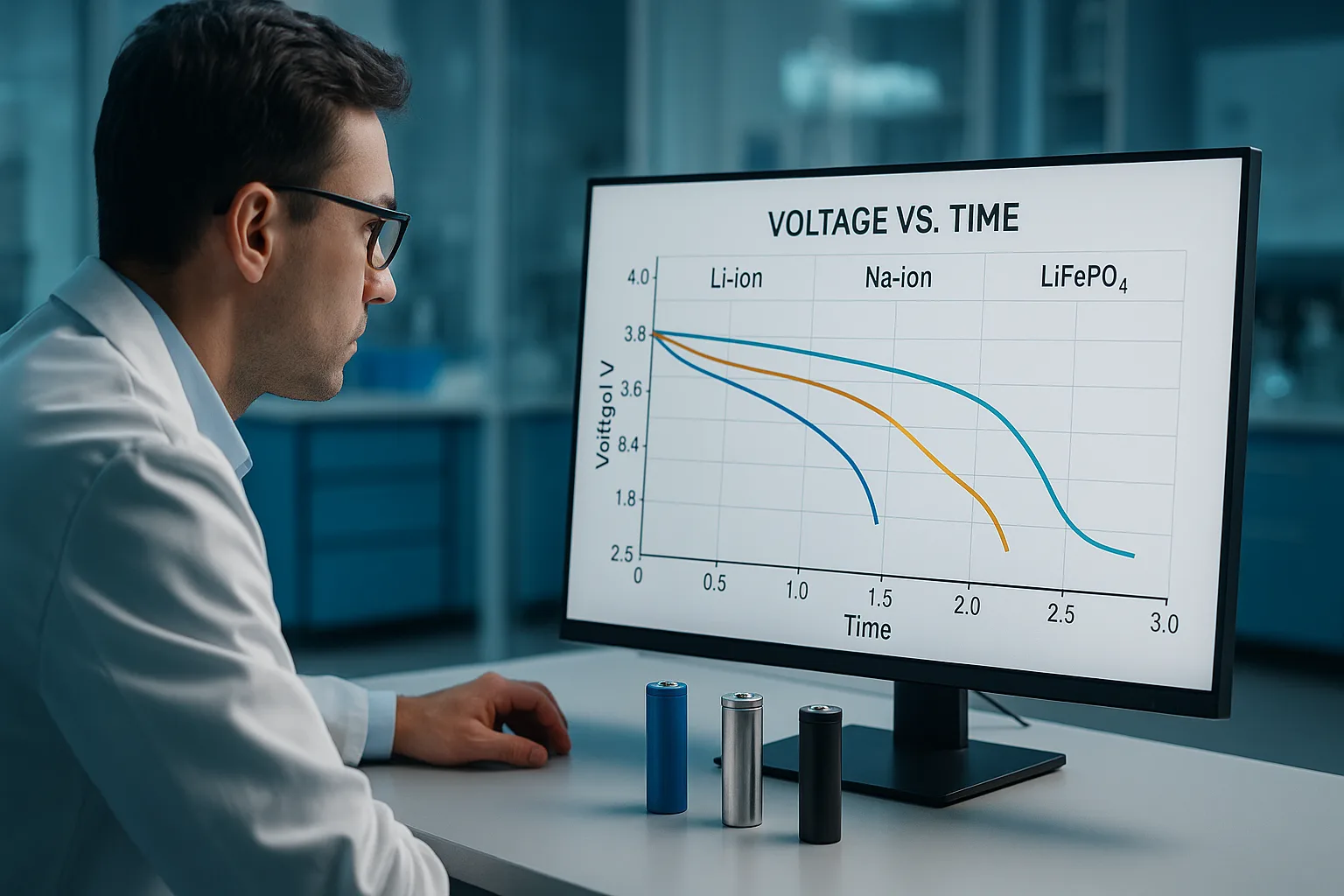
Choose the right battery for safety and performance. LiFePO4 for storage; follow airline rules under 100 Wh for travel. Expert guidance included.
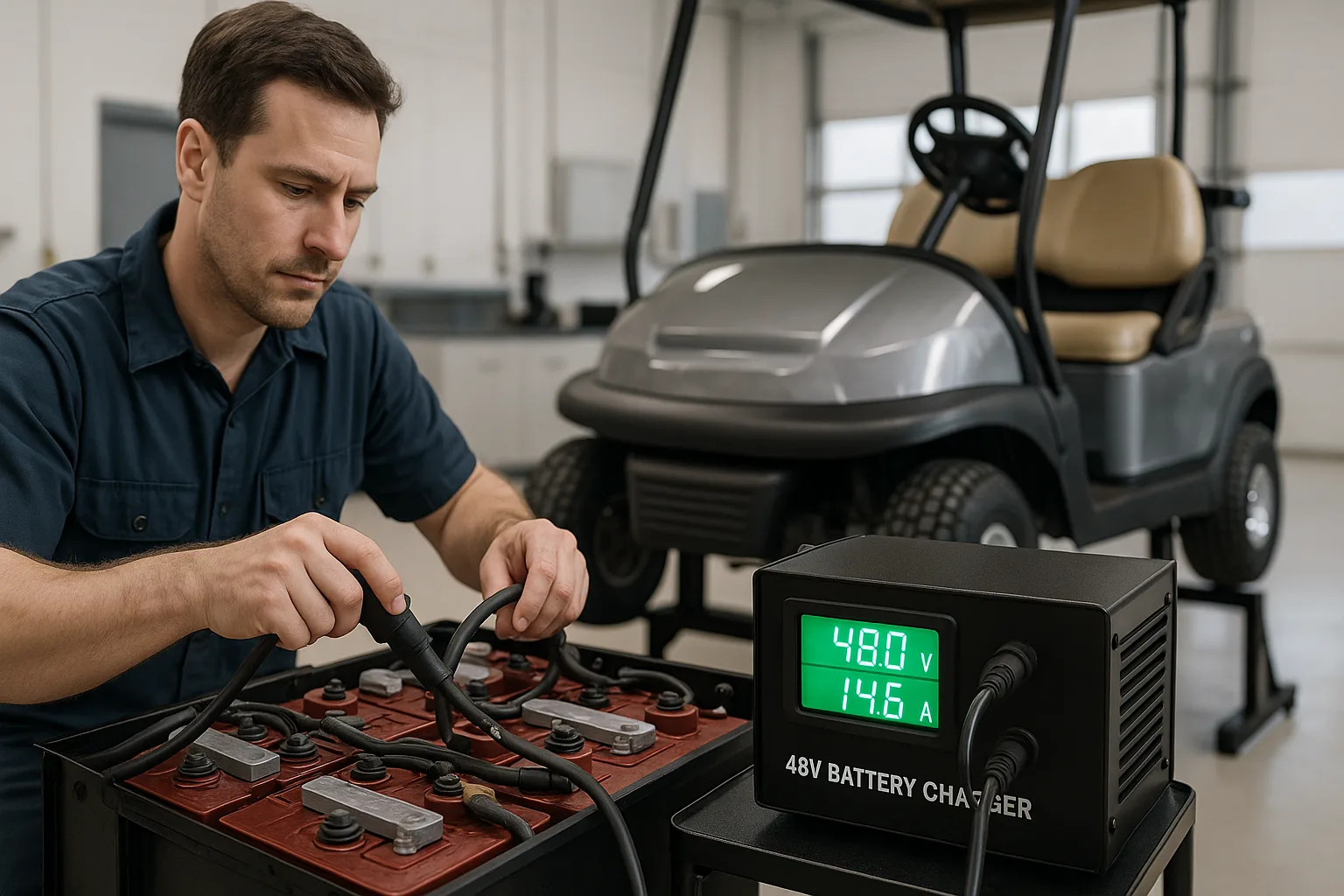
Tired of battery hassles? Learn how lithium batteries offer fast charging with no maintenance, unlike old lead-acid ones. Optimize your golf cart care!
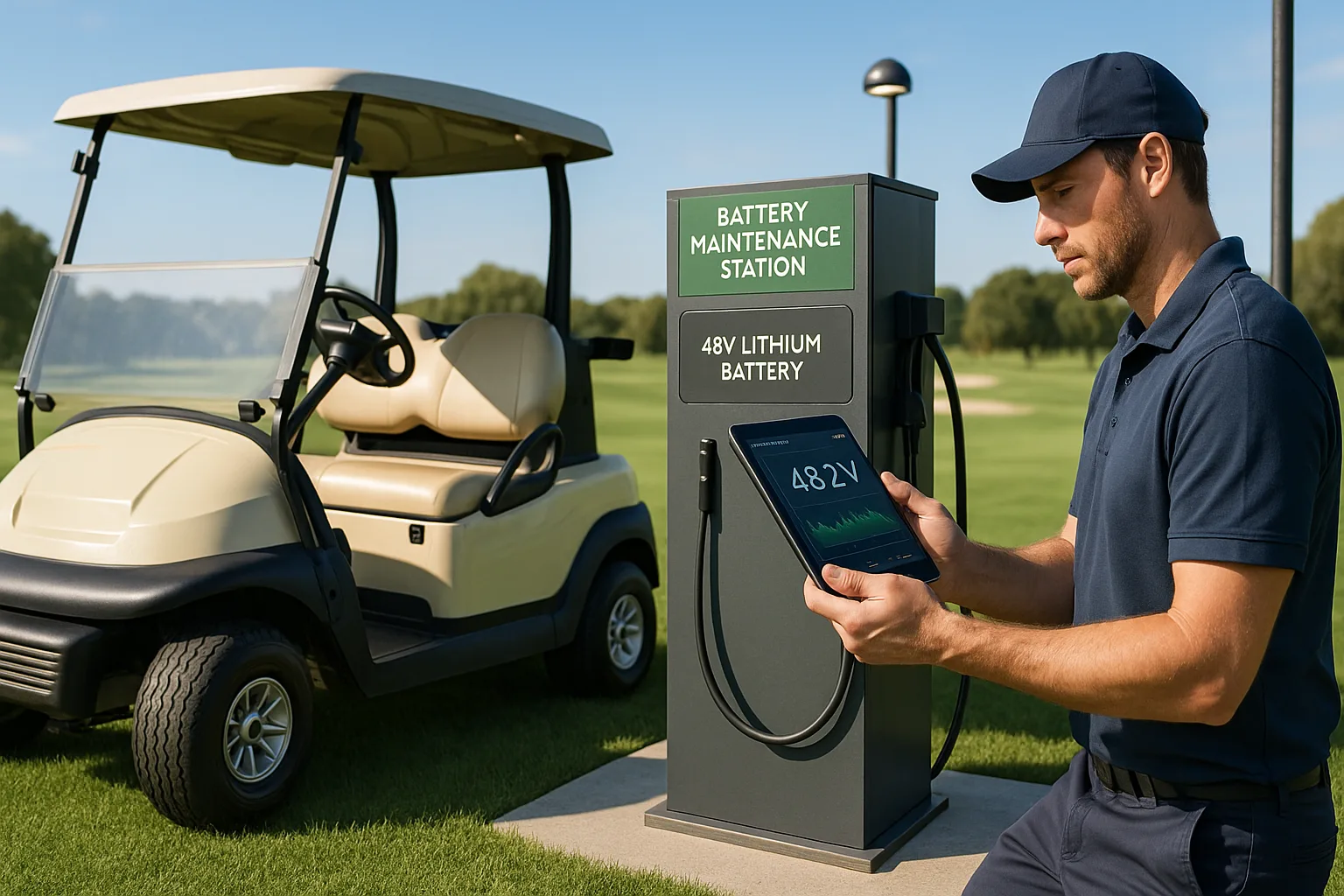
Discover how long your 48V batteries should last and maximize range. Lead-acid vs. lithium: Which gives the best value? Expert insights here.

Prevent early cart failures. Choose the right deep-cycle batteries & charger. Maintain wiring & charge correctly. Improve performance & save costs.
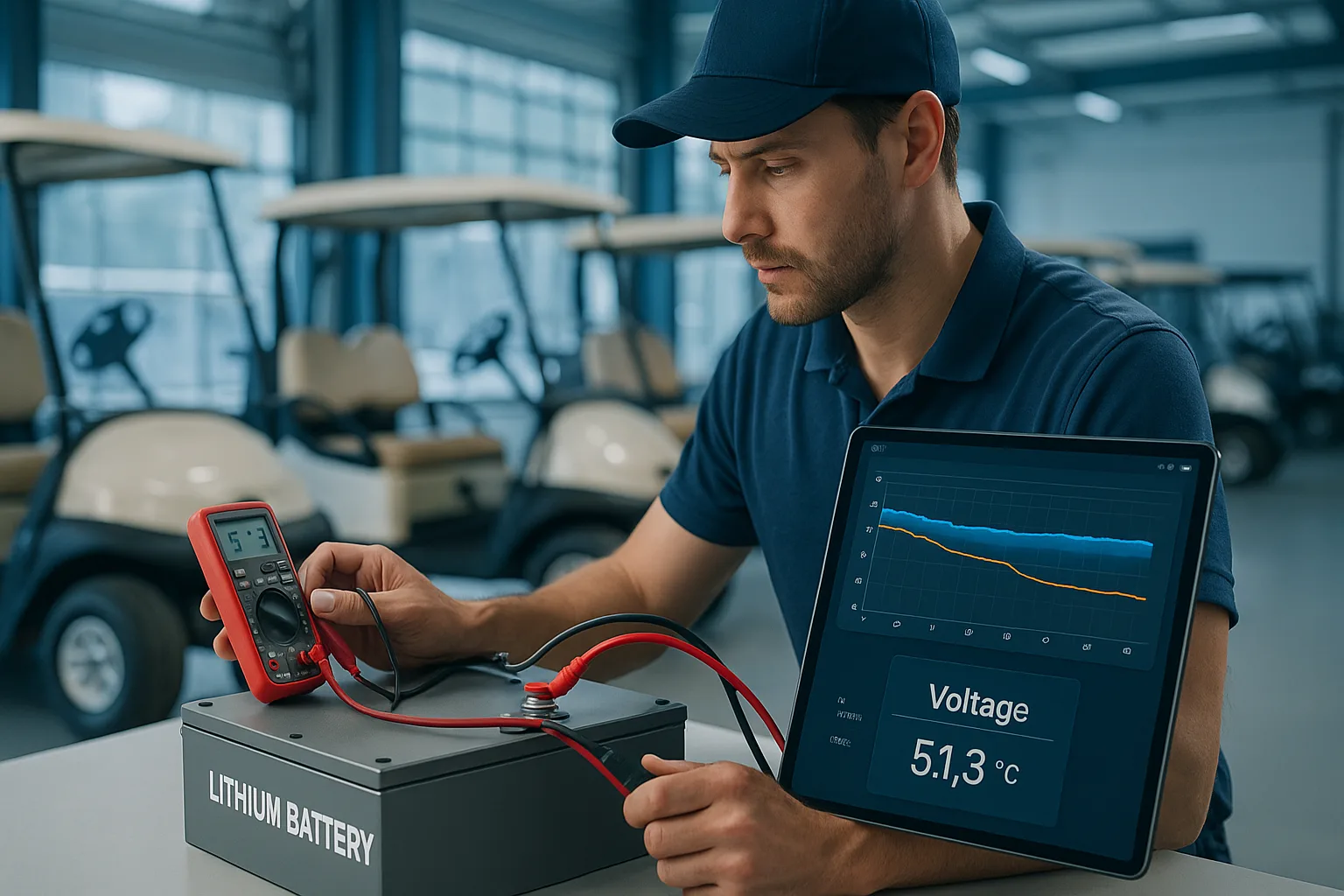
Maximize your golf cart’s efficiency with ideal battery choices. Ensure proper voltage, capacity, and safety for better range and reduced costs.
Custom Battery Packs Manufacturer
Typically replies within minutes
Hello, This is Pauline from Junda Battery. How can I assist you today?
WhatsApp Us
Online | Privacy policy